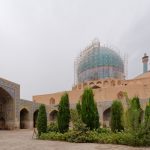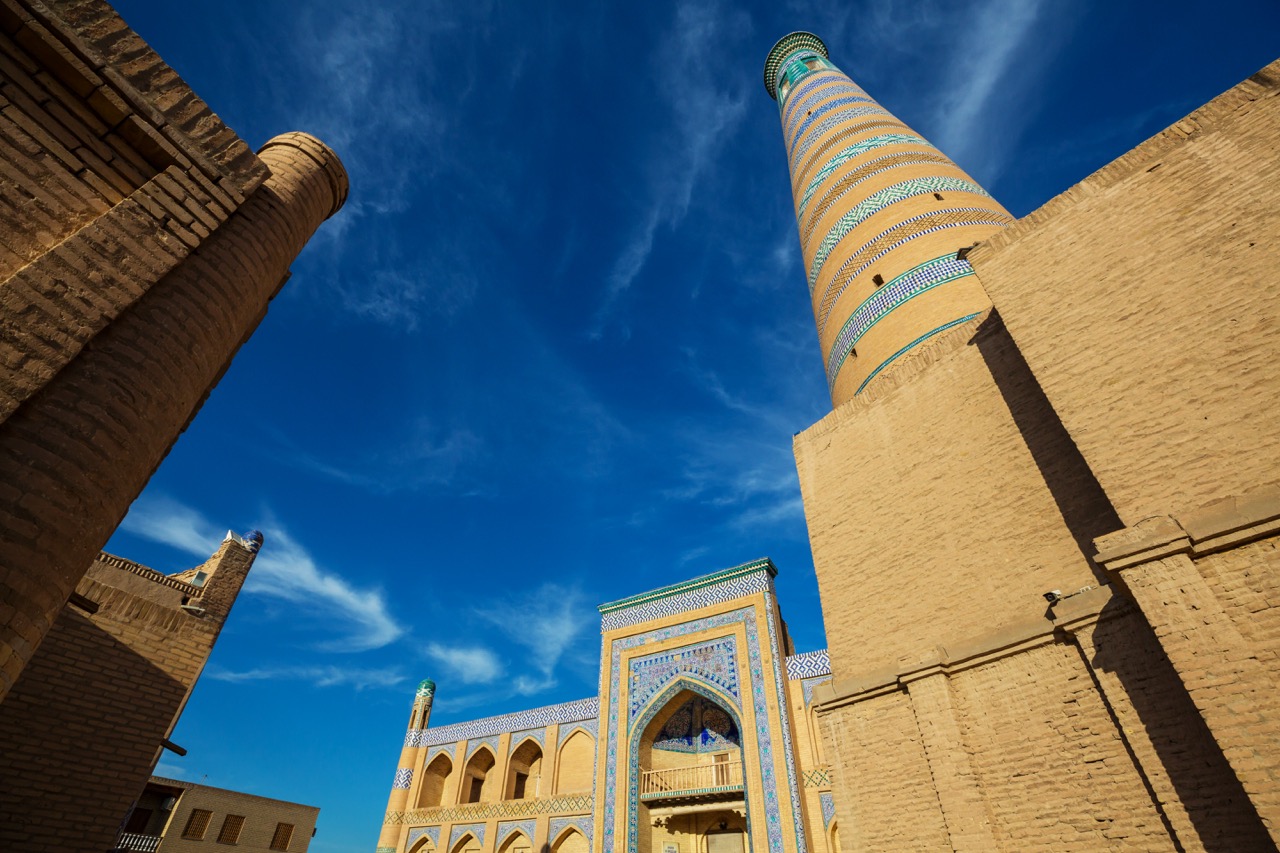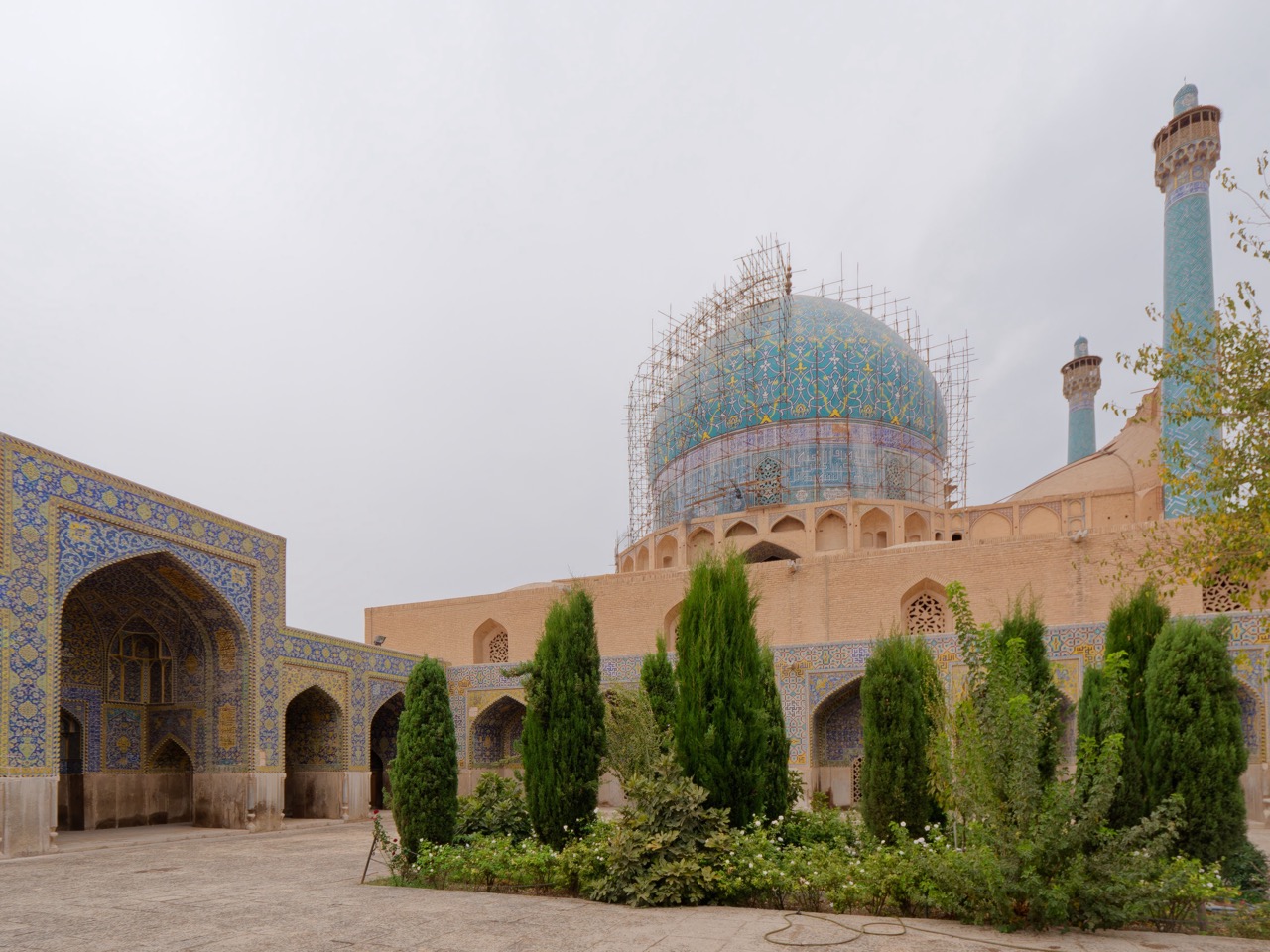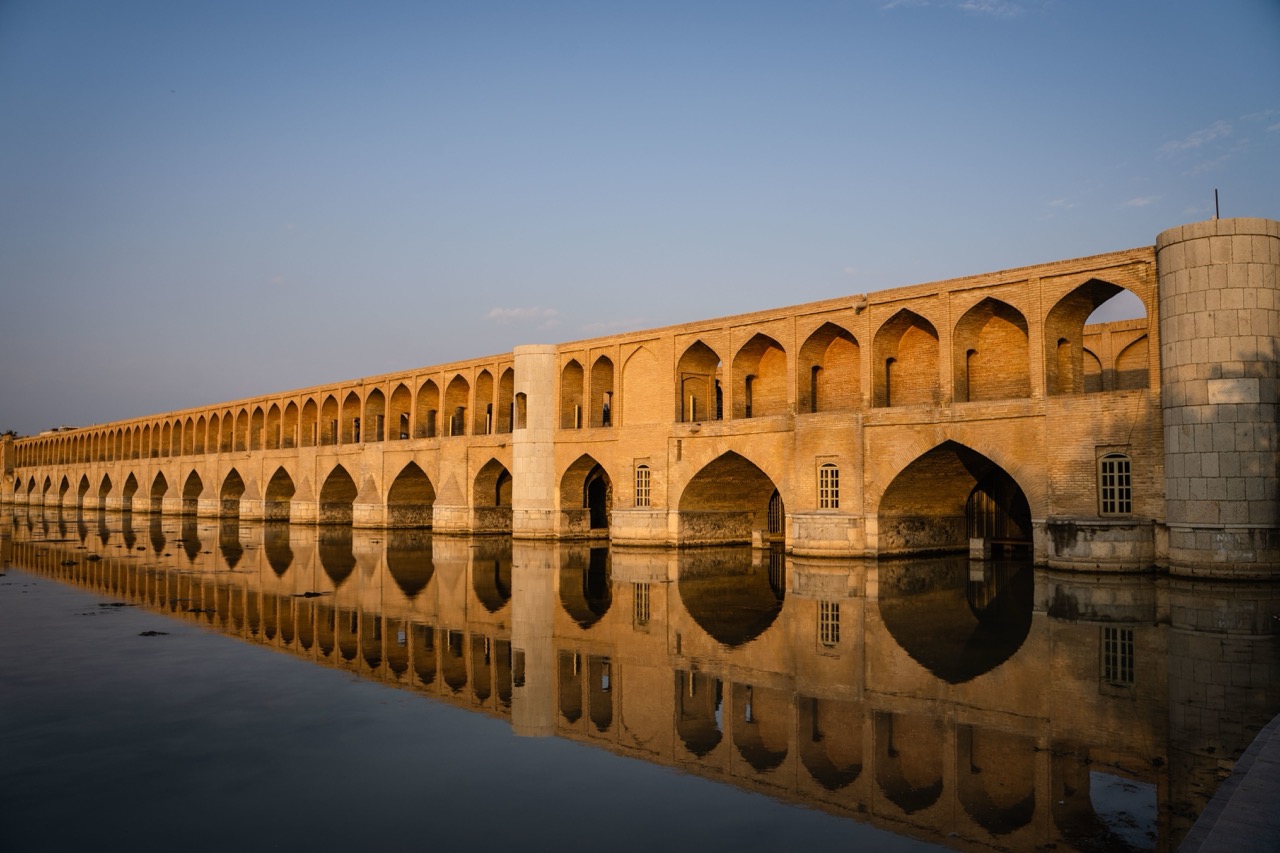Persian cinema has a rich tapestry woven with poignant narratives, cultural depth, and artistic innovation. Over the years, filmmakers from Iran have crafted stories that transcend borders, addressing universal themes while remaining rooted in their unique cultural milieu. As a result, Persian cinema has garnered international acclaim, with many directors receiving prestigious awards on the global stage. This article delves into the evolution of Persian cinema, spotlighting celebrated directors, their award-winning films, the key international awards recognizing their talent, and the broader impact of such recognition on the Iranian film industry.
A Glimpse into Persian Cinema: The Rise of International Acclaim
Persian cinema has a storied history dating back to the early 20th century, evolving through various political and social changes. However, it was in the late 20th century that Iranian filmmakers began to gain significant international attention. The 1990s marked a pivotal era with films that combined artistic vision with social commentary, offering audiences a glimpse into Iranian life and culture. Directors like Abbas Kiarostami and Mohsen Makhmalbaf emerged as leading figures, drawing acclaim for their innovative storytelling techniques and philosophical depth.
The global film community began to recognize the artistic value of Persian cinema, as filmmakers adeptly navigated the constraints posed by censorship while still delivering powerful narratives. Kiarostami’s unique style, characterized by a blend of realism and surrealism, paved the way for a new generation of filmmakers who would further redefine Persian cinema. This burgeoning recognition led to Iranian films being screened at major international film festivals, winning awards that placed them on par with the world’s cinematic heavyweights.
In recent years, the landscape of Persian cinema has continued to evolve, with new directors emerging and expanding the boundaries of storytelling. The rise of digital platforms has also contributed to the accessibility of Iranian films, allowing for a wider global audience. As the world increasingly embraces diverse voices, Persian cinema stands out for its ability to convey complex human emotions through culturally rich narratives, further solidifying its place in the international film community.
Celebrated Persian Directors and Their Award-Winning Films
Abbas Kiarostami is perhaps the most internationally recognized Persian director, celebrated for masterpieces such as "Taste of Cherry" and "The Wind Will Carry Us." Kiarostami’s films often explore themes of existentialism and the human condition, marked by their poetic style and minimalistic approach. "Taste of Cherry" won the prestigious Palme d’Or at the Cannes Film Festival in 1997, a testament to Kiarostami’s ability to convey profound themes through simple narratives.
Another significant figure is Asghar Farhadi, known for his gripping dramas that often dissect social issues in contemporary Iran. His film "A Separation" won the Academy Award for Best Foreign Language Film in 2012, making it one of the most celebrated Iranian films in recent history. Farhadi’s ability to portray intricate family dynamics and moral dilemmas resonates deeply with audiences, earning him acclaim not only within Iran but also across international borders.
Jafar Panahi is another noteworthy director whose work has garnered international recognition despite facing political restrictions in Iran. His films, such as "The Circle" and "Taxi," have won multiple awards, including the Golden Bear at the Berlin International Film Festival for "Taxi" in 2015. Panahi’s innovative storytelling, often utilizing non-professional actors and blending documentary styles with fiction, has captivated audiences around the world, showcasing the resilience of Iranian artists in the face of adversity.
Key International Awards Recognizing Persian Cinematic Talent
International film festivals and award ceremonies serve as vital platforms for recognizing the cinematic achievements of Persian directors. The Cannes Film Festival has been particularly instrumental, with numerous Iranian films receiving accolades over the years. The prestigious Palme d’Or award has been bestowed upon Persian films, highlighting the artistic merit and global relevance of these works in the context of world cinema.
The Academy Awards, often referred to as the Oscars, have also acknowledged Persian cinema. Asghar Farhadi’s wins for "A Separation" and "The Salesman" reinforce the significance of Iranian narratives on a global scale. Such recognition not only elevates the profile of individual filmmakers but also shines a light on the broader Iranian film community, encouraging international audiences to engage with Persian cinema.
Other notable awards include the Berlin International Film Festival’s Golden Bear and the Venice Film Festival’s Golden Lion, both of which have honored Persian films and directors. These accolades not only celebrate artistic excellence but also enhance










